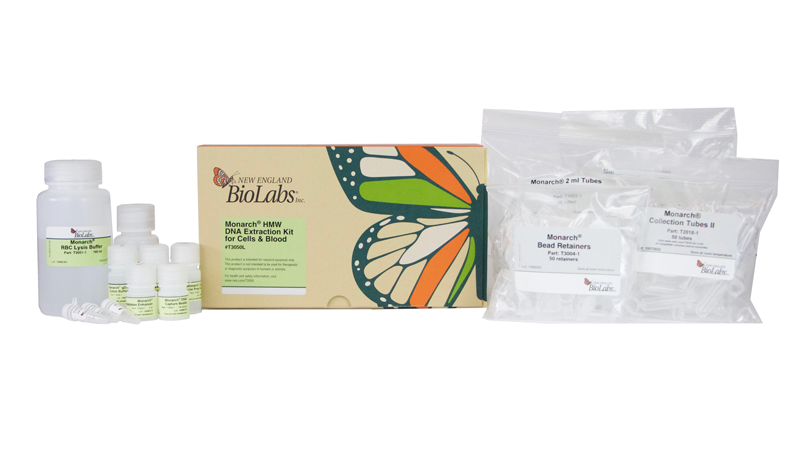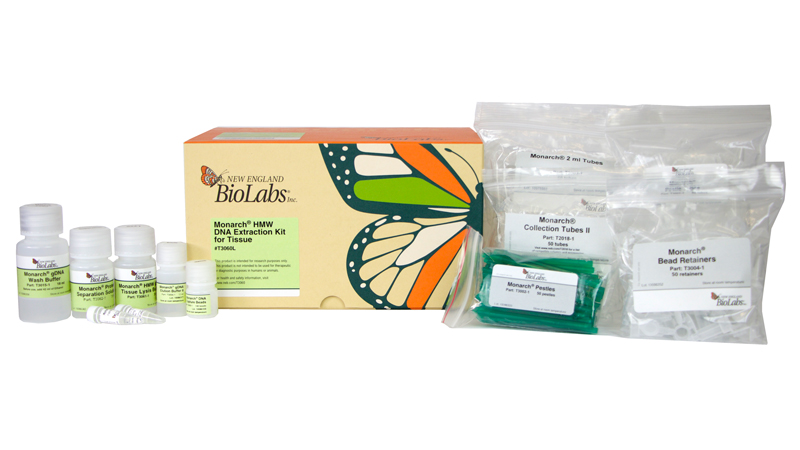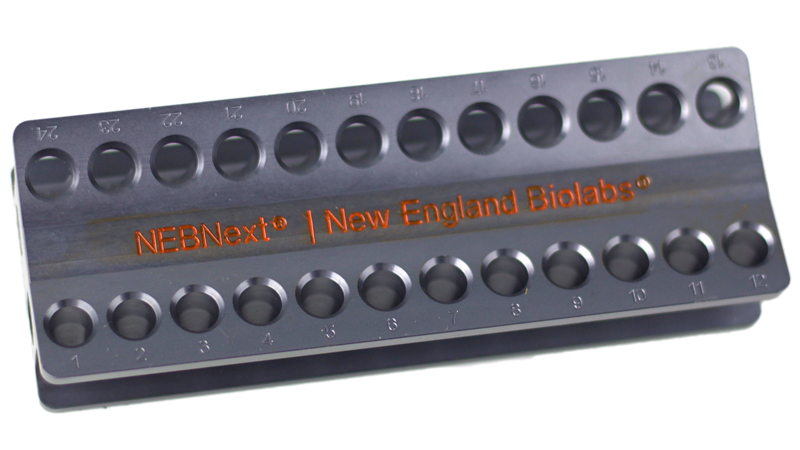NEBNext® Companion Module v2 for Oxford Nanopore Technologies® Ligation Sequencing
Product information| Code | Name | Size | Quantity | Price | |
|---|---|---|---|---|---|
E7672S |
NEBNext Companion Module v2 for Oxford Nanopore Technologies Ligation Sequencing |
24 rxns | - | Unavailable in your region | |
E7672L |
NEBNext Companion Module v2 for Oxford Nanopore Technologies Ligation Sequencing |
96 rxns | - | Unavailable in your region |



